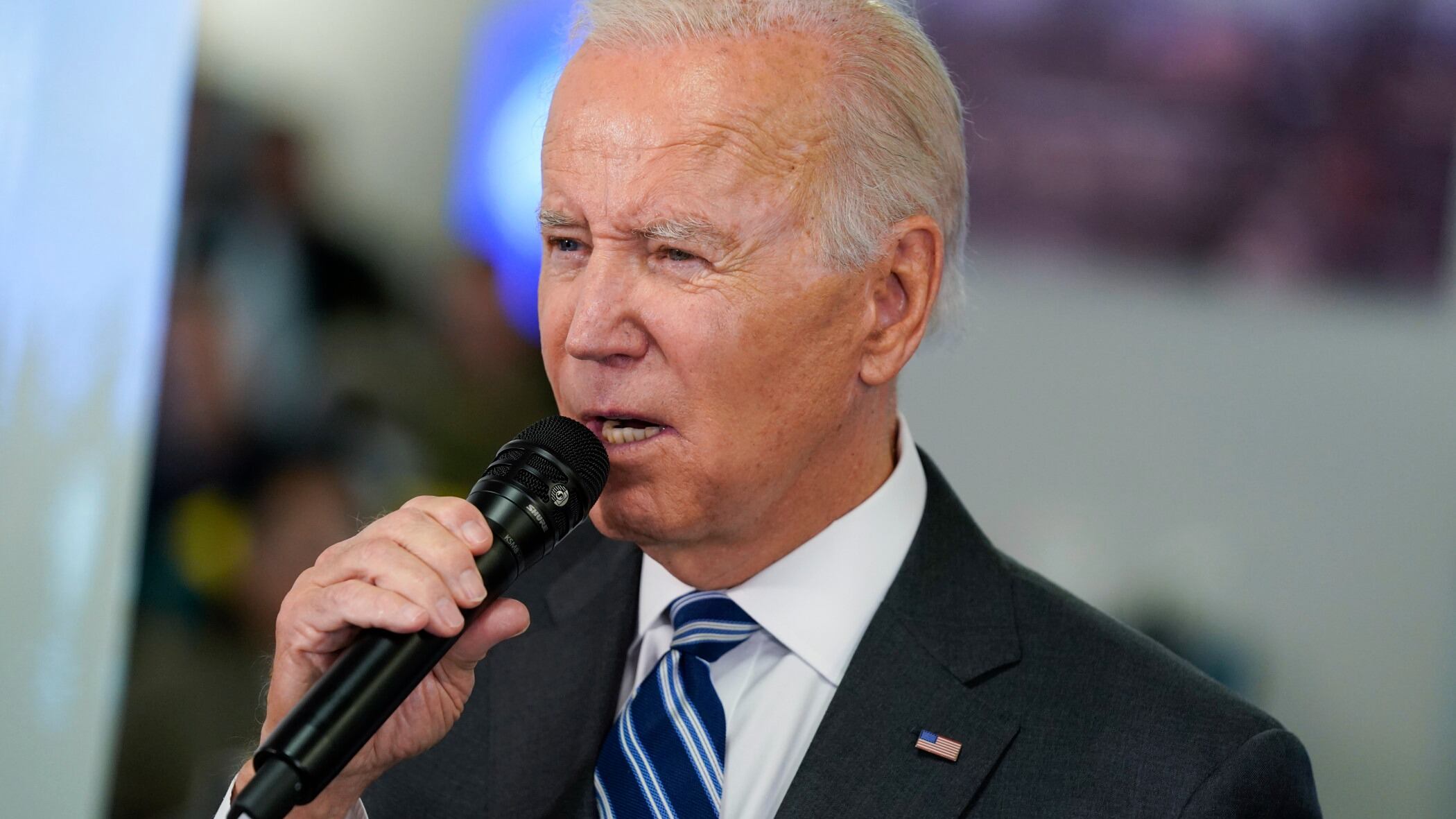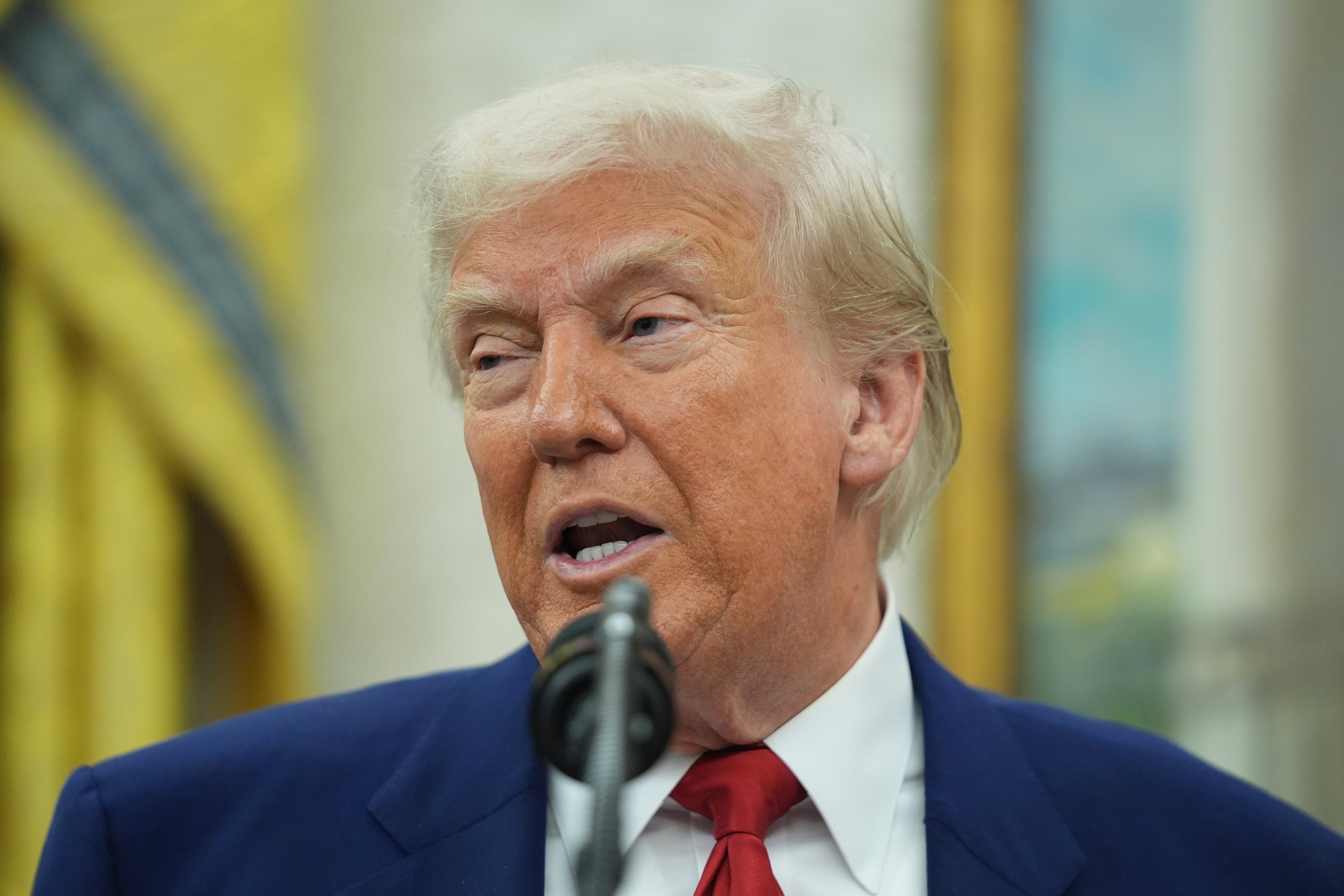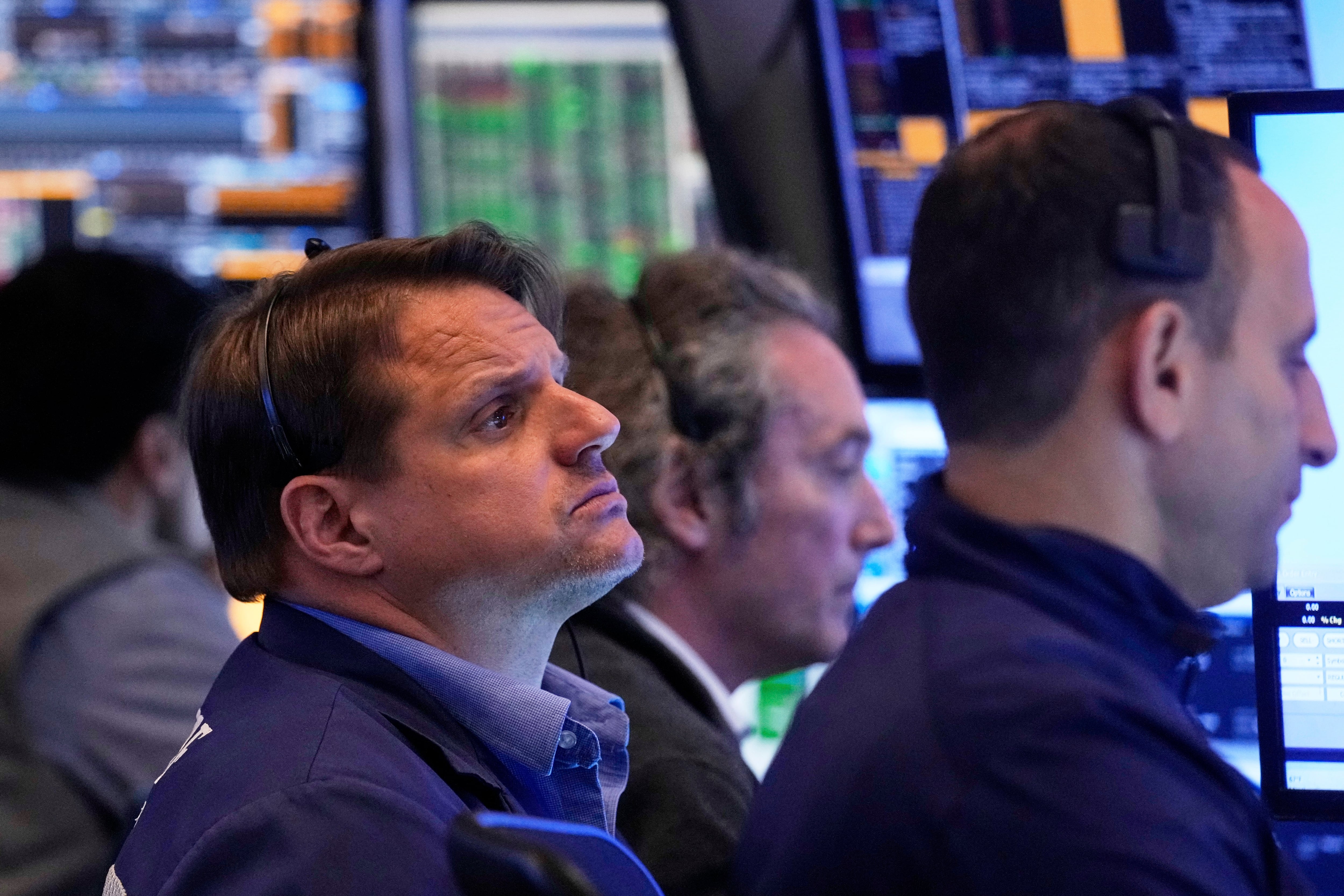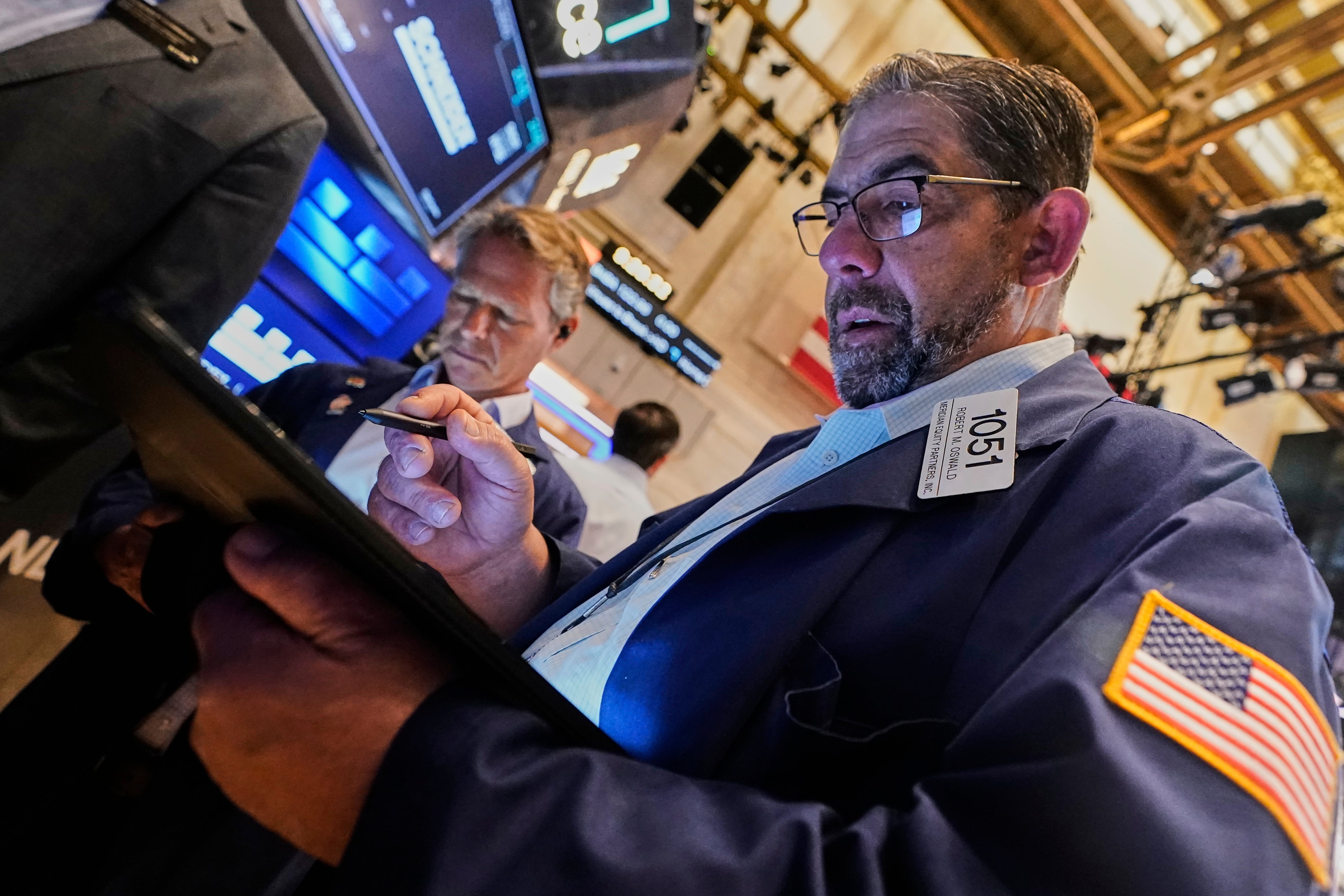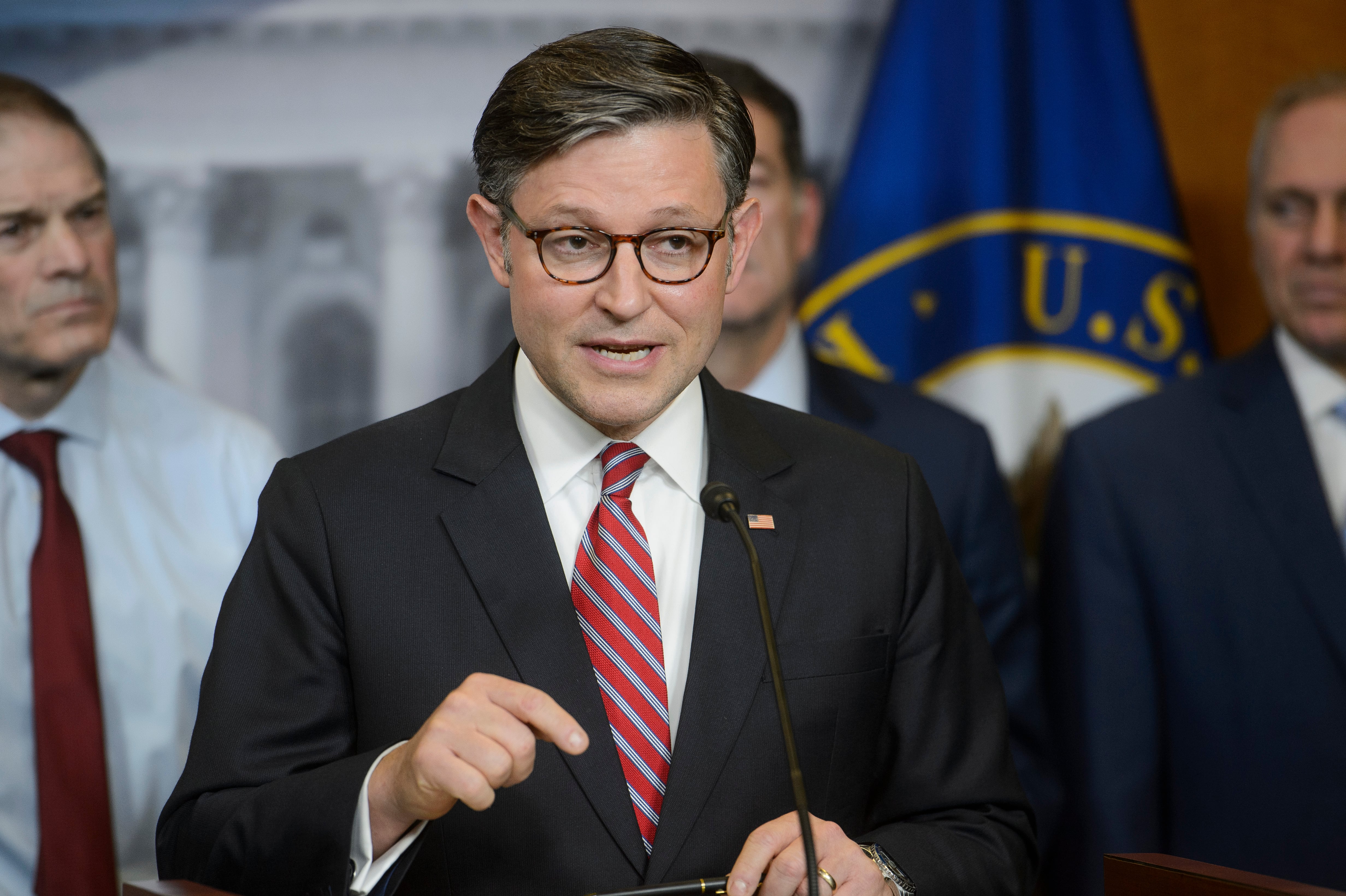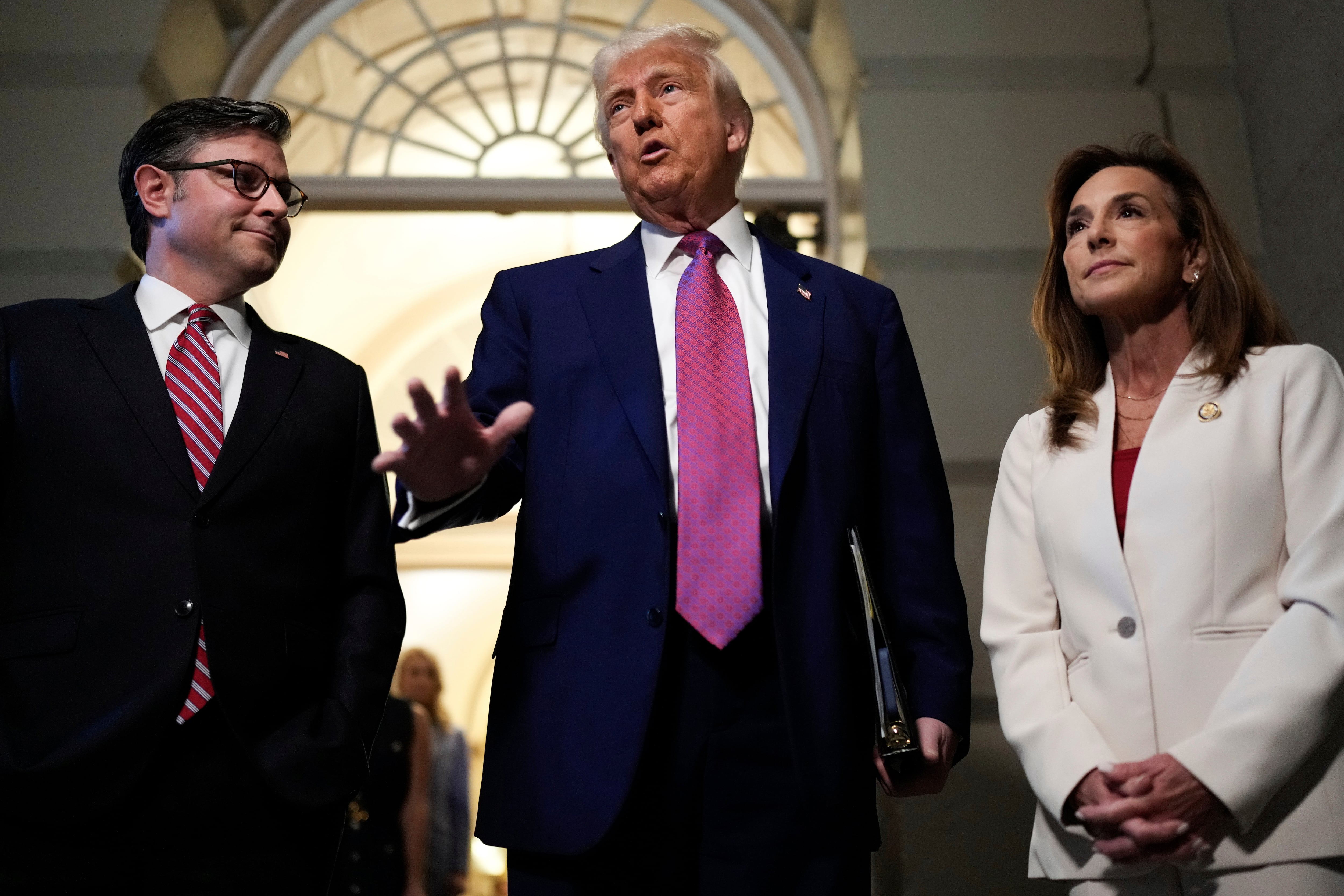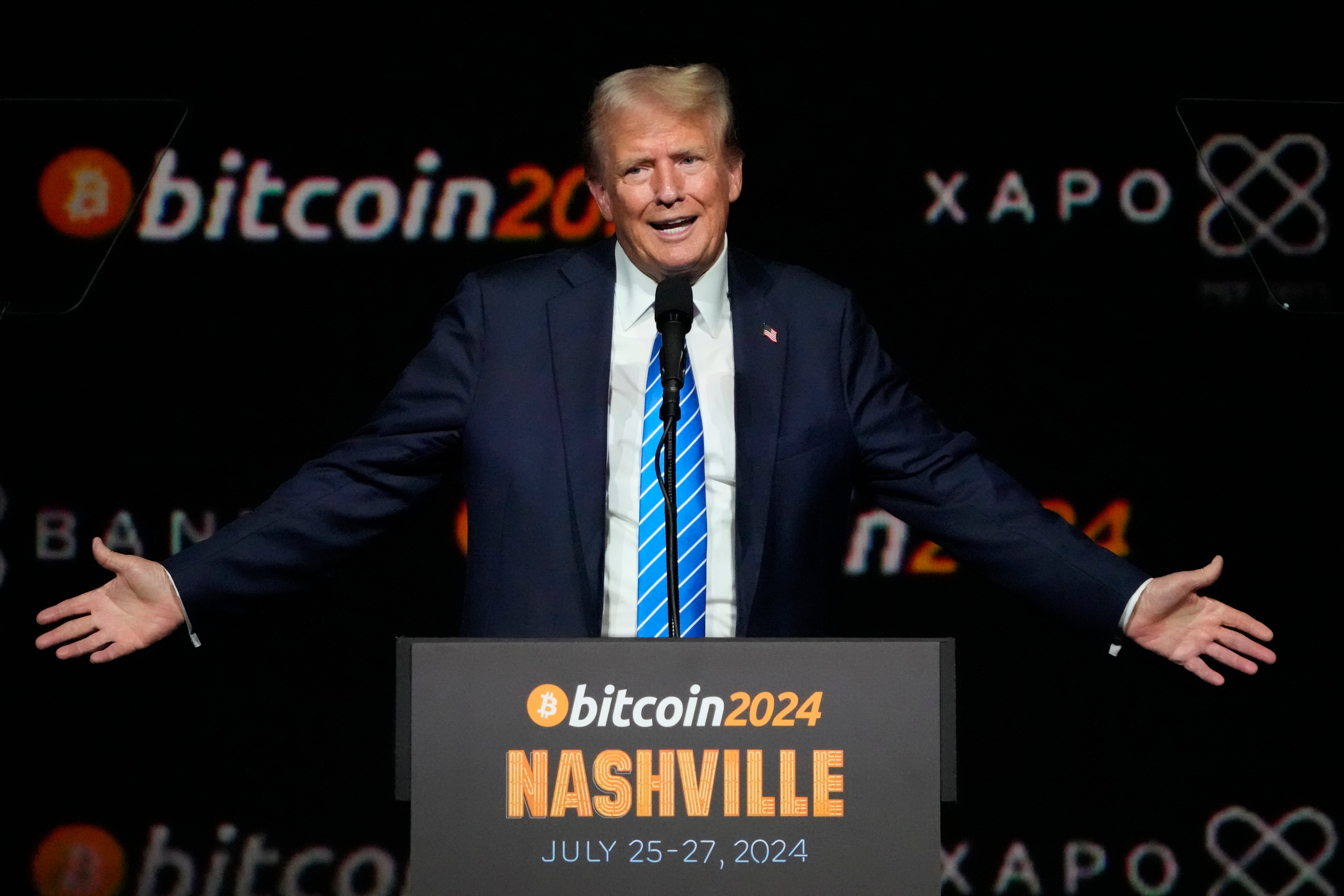Millions of Medicaid recipients could find relief in the form of food shopping funds as the Biden administration begins approving state requests to use the coverage for groceries.
It's part of a larger movement that identifies "food as medicine" as priority in a person's healthcare plan.
A study by the National Institute on Minority Health and Health Disparities found a correlation between food insecurity and poor health. People that lacked access to nutritious food options showed increased risk for chronic problems like diabetes, heart disease, obesity and mental health disorders.
The move is being met with opposition from those who say including food in Medicaid coverage is an unnecessary expansion.
"This is really the first I've seen the federal government push food and air conditioners and other things as allowable. We already have the SNAP program," Gary D. Alexander, head of the Medicaid and Health Safety Net Initiative for Paragon health Institute, told The Wall Street Journal.
Last year, pilot programs in Arkansas, Massachusetts and Oregon were tested that allowed the states to spend millions in federal and state funds on health needs and included variations of healthy-meal preparation and nutrition counseling.
"We're able to cover cooking classes and nutrition classes," James Schroder, interim director of the Oregon Health Authority said. "We can do up to six months of what we call 'food and veggie RX.' And up to six months of medically tailored meals."
People ages 19 through 24 who were at high risk for long-term poverty were able to receive coverage for nutritional services in Arkansas, while Massachusetts provided home-delivered meals for up to six months as well as "food prescriptions."
President Donald Trump’s doubling of tariffs on foreign steel and aluminum could hit Americans in an unexpected place: grocery aisles.
The Court of Appeals for the Federal Circuit on Thursday allowed the president to temporarily continue collecting the tariffs under the emergency powers law while he appeals the trade court’s decision.
President Donald Trump wants the world to know he’s no “chicken” just because he’s repeatedly backed off high tariff threats.
Wall Street is rallying after President Donald Trump delayed a 50% tariff on goods coming from the European Union.
Almost four dozen Venezuelan workers who had temporary protected status have been put on leave by Disney after the U.S. Supreme Court allowed the Trump administration to strip them of legal protections.
U.S. stocks are falling after President Donald Trump threatened 50% tariffs on the European Union that could begin in a little more than a week.
House Republicans stayed up all night to pass their multitrillion-dollar tax breaks package.
President Donald Trump has implored House Republicans on Capitol Hill to drop their fights over his budget.
American businesses that rely on Chinese goods are reacting with muted relief after the U.S. and China agreed to pause their exorbitant tariffs on each other’s products for 90 days. Many companies delayed or canceled orders after President Donald Trump last month put a 145% tariff on items made in China. Importers still face relatively high tariffs, however, as well as uncertainty over what will happen in the coming weeks and months. The temporary truce was announced as retailers and their suppliers are looking to finalize their plans and orders for the holiday shopping season. They’re concerned a mad scramble to get goods onto ships will lead to bottlenecks and increased shipping costs.
Senate Democrats have blocked legislation to regulate a form of cryptocurrency after arguing that the bill needed stronger protections.
